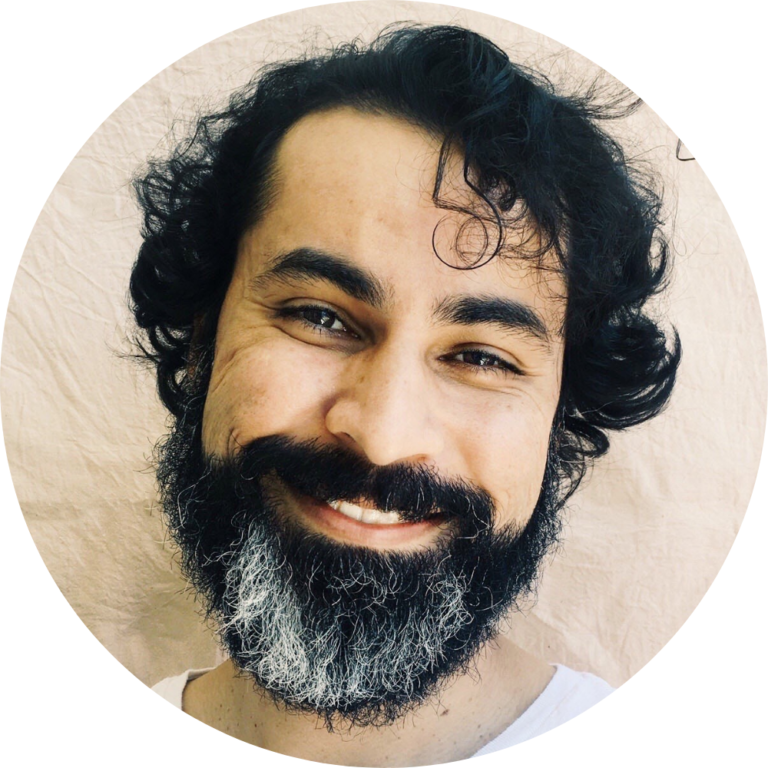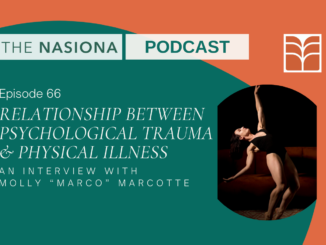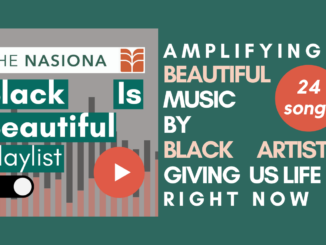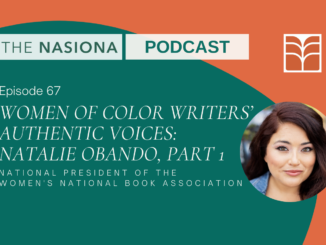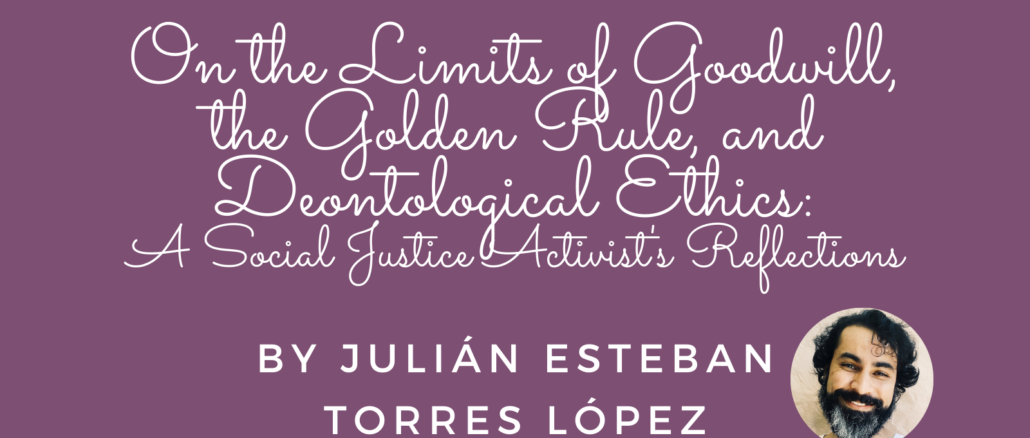
As we approach Martin Luther King, Jr., Day, I’ve been journaling on the limits of goodwill, the Golden Rule, and deontological ethics. The reflections below are consistent conversations I have with myself as I decolonize my own ethics, because, just like you, I am a product of a culture and a society where these limiting frameworks are prevalent.
Some of the biggest obstacles in our quest toward achieving social justice are ideologies and people (which includes innumerable progressive folx) that only equate “real” harm (harm that should be taken seriously and acted upon to find a remedy to repair and/or reduce the potential for harm) with harm caused by malicious intent. These frameworks and ethical systems directly invalidate, devalue, and gaslight the concerns of those who’ve been harmed, which contribute to and perpetuate oppressive status quos.
Deontological ethics—which essentially focuses on the intent behind the action versus the action’s consequences—is so deeply rooted into our morality, codes of conduct, and how we evaluate good/bad, that our egos have become too fragile and almost incapable of critically analyzing how much harm we can actually contribute and perpetuate, regardless of intent. And if we cannot even take this crucial first step of identifying the root causes of harm (or at least regard harm caused by ignorance or goodwill as worthy of justice), then it will be extremely difficult, if not impossible, for us to reach a just world because we won’t be able to intentionally design it, let alone imagine it. Consequences must be regarded in any kind of plan of action we design, which includes harm we create via ignorance, good intent, and goodwill.
There are many unintentional (and many intentional consequences) of deontological ethics, like:
- its focus on the self feeling good about oneself over the feelings and concerns of those harmed
- centering those who benefit from the status quo systems of oppression and dominant cultures
- ability to disregard policies of oppression and its negative consequences if those who designed such policies had good intentions.
For any progress to take root, we must listen to and center the survivors of harmful events and systems of oppression, not those who benefit from them and perpetuate them.
And, to be clear, deontological ethics is a form of systemic oppression, which has become ingrained in the DNA of our culture. As a result, deontological ethics now exist as if it is some universal law that cannot go uncriticized or analyzed. We must unpack and dissect the frameworks of our culture and society—those lenses that pass as common sense. We must unearth the roots of our consciousness—its backdrop, social structures, agents, institutions, unspoken assumptions, and taken-for-granted ideologies.
Your personal belief of whether or not you harmed someone is not how harm is measured. This discussion needs to go beyond people caring more about being portrayed as good people, and evolve into a discussion about how we can repair and reduce harm. In short, we must include consequences into our standards and evaluations of justice, especially when we are talking about the effects of systems and ideologies of oppression.
Goodwill and kindness alone won’t manifest justice. A polite morning greeting to strangers does not upend the policies and cultural norms that oppress those strangers every single day, in a similar way that the same morning greeting to a woman would not give her the right to vote in a place where women do not have the right to vote. Humanizing people goes beyond a greeting or sending well-wishes or prayers. Martin Luther King, Jr., seemed to understand this quite well:
“As a minister, I take prayer too seriously to use it as an excuse to avoid work and responsibility.”
For example, the “thoughts and prayers” so many send as a response to harm that has happened instead of taking responsibility and figuring out what they can do to help solve the problem in itself many times contributes to the harm, even amplifying it and allowing it to continue. We must not use such self-serving forms of responses, which help us feel better about ourselves, to stop us from taking action to help heal those harmed or to stop the harm against a person or a community or our environment. Such a response and its evaluation of being a sufficient response is largely influenced by deontological ethics.
Instead, when harm occurs, we need to ask ourselves:
- What can I do to help?
- How can I better support those harmed?
- What has been my role in their pain and suffering, if any?
- Where is my sphere of influence around this issue/event?
- What can I do to reduce the harm with the current influence I do have (myself, my family, my community)?
- What can I do to help those harmed heal?
- How can I increase my influence to help those harmed heal and to help reduce such harm?
- Why am I only satisfied with sending thoughts and prayers instead of asking those harmed what they need, then listening to them, learning from them, then committing to action based on the concerns of those harmed?
For example, my problem with the Golden Rule—especially when it comes to dismantling systems of oppression like racism, sexism, homophobia, ableism, transphobia, xenophobia, and other bigotries—is that the Golden Rule and those who use it solely or primarily as a moral compass do not tend to take into account the unintentional harm they are ignorant of causing through their “kindness.” They also tend to use it to minimize their responsibility to contribute to the healing process of those they’ve harmed.
And, if they think all that matters is their intent, then they won’t take the essential and needed steps to acknowledge, educate, then commit themselves to practices, rituals, and behaviors to reduce the negative impact and harms of their so-called ignorant pure intentions.
You cannot possibly treat someone the way you want to be treated if you do not or are not open to understanding how you harm others through your goodwill or carelessness.
The Golden Rule centers you as the compass and authority on morality, which includes your ignorance, prejudices, and biases. (Yes, contrary to popular belief, your instincts can also be bigoted, as they have also been conditioned and trained by your life experiences and oppressive cultures you’ve been educated and indoctrinated into.) An ethical philosophy anchored here cannot possibly achieve what it sets out to achieve.
Sometimes treating others the way YOU want to the be treated is harmful, for example, and the best approach may actually be treating others the way THEY want to be treated, which requires listening to and learning from those who you’ve harmed.
We will not dismantle oppressive systems if we center the concerns and feelings of those who harm us over those who’ve actually been harmed. We will not be successful at removing some of the biggest obstacles in our quest toward achieving social justice if we only concern ourselves with our individual, fragile, defensive egos.
If we truly care about manifesting justice, then we need to be open to humbly learn about how we ourselves, whether directly or indirectly, intentionally or maliciously, are responsible or to blame for the harm of others. And we must commit to behaviors and thoughts and rituals and practices that will center the concerns of those harmed, how to reduce that harm, and help others heal from such harm, rather than solely caring about whether or not people are going to think of us as a bad people.
How will you commit to reducing harm as a daily practice?
The perception of justice is not the same as achieving it. What people who’ve been harmed need more of is solidarity, not just self-centered performative sympathy.
Julián Esteban Torres López (he/him/his/él) is a bilingual, Colombia-born storyteller, public scholar, and culture architect with Afro-Euro-Indigenous roots. For two decades, Julián has worked toward humanizing those Othered by oppressive systems and dominant cultures. He is the creator of the social justice storytelling movement The Nasiona, where he also hosts and produces The Nasiona Podcast. He’s a Pushcart Prize, Best of the Net, and Best Small Fictions nominee; a Trilogy Award in Short Fiction finalist; a McNair Fellow; and the author of Marx’s Humanism and Its Limits and Reporting On Colombia. His poetry collection, Ninety-Two Surgically Enhanced Mannequins, is available now. His work appears in PANK Magazine, Into the Void Magazine, The Acentos Review, Novus Literary and Arts Journal, Havik 2021: Inside Brilliance, among others. Julián is also a senior DEI consultant for Conscious Thrive Consulting. Julián holds a bachelor’s in philosophy and in communication and a master’s in justice studies from the University of New Hampshire and was a Ph.D. candidate at the University of British Columbia Okanagan, where he focused on political science and Latin American studies.
